Seed germination – and old method that is popular again
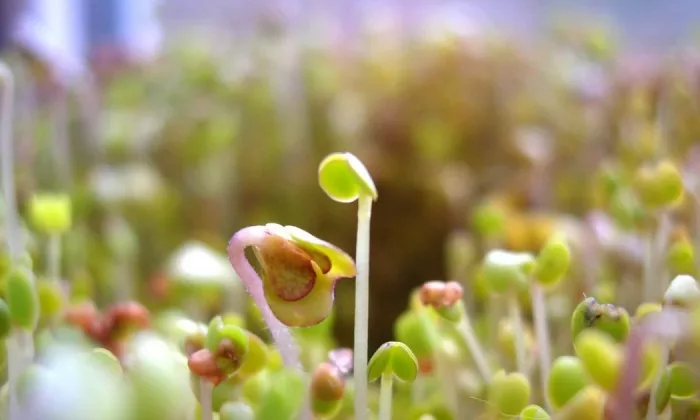
Getting real vitamins during the winter and in early spring may not be easy. Nothing is growing in your garden yet and fruit and vegetables sold in markets and supermarkets are expensive, but do not despair, there is a rather simple method that our ancestors used a lot. Yes, it is called seeds germination. Those of you who follow healthy lifestyle trends are certainly aware of this method and use this method – and not only in winter. “Sprouts”, as germinated or sprouted seeds are called, have become an important part of diet, especially for vegans and vegetarians.
Sprouts- a powerhouse full of the best stuff
During germination you can find the highest concentration of healthy nutrients and vitamins. That is why people let the seeds germinate before using them You can germinate any kind of seeds – if you are really serious about proper seed germination, you should use three bowls: one to catch the leaking water and two more with holes in the bottom to let the gas produced during germination to escape. Make sure that the containers or bowl are very clean.
Photo: Pixabay
Water is very important for proper germination
Water is the key factor for proper germination. Boil water first, let it cool down and rest for a day and then use it to water the seeds (not hot water of course, it should be at a room temperature). Soak the seeds in water to achieve proper germination.For example for legumes use as much water as the weight of the seeds you want to germinate. You can also germinate seeds of various cereals. Here you should use water equal to about 50% to 70% of the seeds’ weight, and for oilseeds use 30% to 50% of water of the seeds weight.
You reap what you sow
Germination requires a warm environment – room temperature is sufficientDo not expose sprouts to direct sunlight. If you follow these requirements, you can expect your seeds to sprout in two to seven days (depending on the seeds you sowed of course).
How to use sprouted seeds
Direct consumption is best, or you can add them to salads or spreads, or use the seeds as a garnish for roasted meats.
What seeds can you use?
As a rule of thumb, seeds that you buy in stores and that are designed to be sown in your garden are not suitable for this purpose. If you want to germinate seeds, buy them from health food stores or where you know that the seeds were not chemically treated. You can germinate for example:
- lentils, chickpeas, peas, chickpeas or soy (rinse in the morning and evening),
- chard, chicory, beetroot, radish, broccoli,
- mustard seed (rinse several times a day to prevent formation of mucus),
- red lentils (use in dishes where the processing temperature is lower than 40 °C to preserve all nutrients),
- alfalfa,
- mung beans,
- and many more.
ATTENTION: Do not sprout common types of beans because their sprouts are poisonous when raw!
Preview photo: Pixabay

Gardening is my hobby, I have a lot of experience and I am happy to share it.
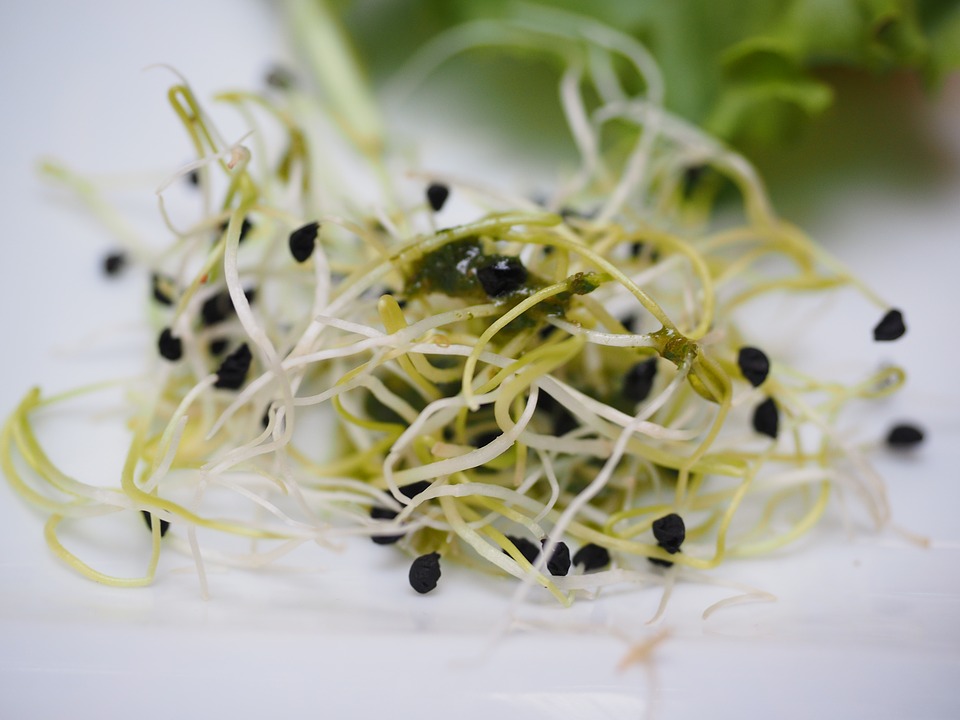


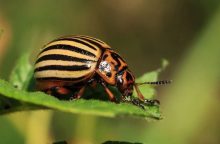

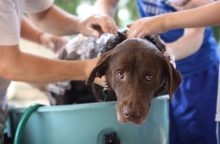
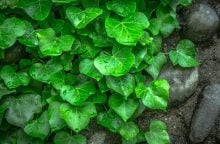

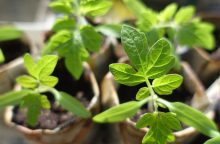
0 comments